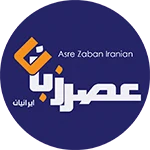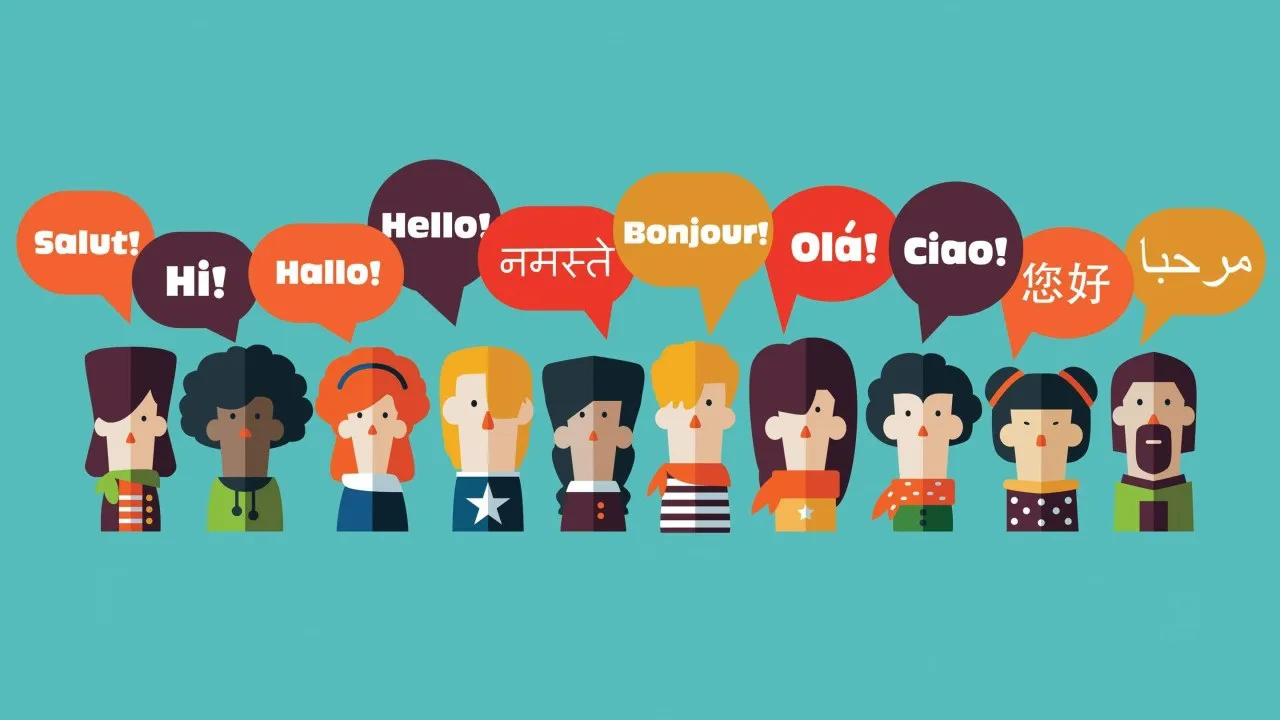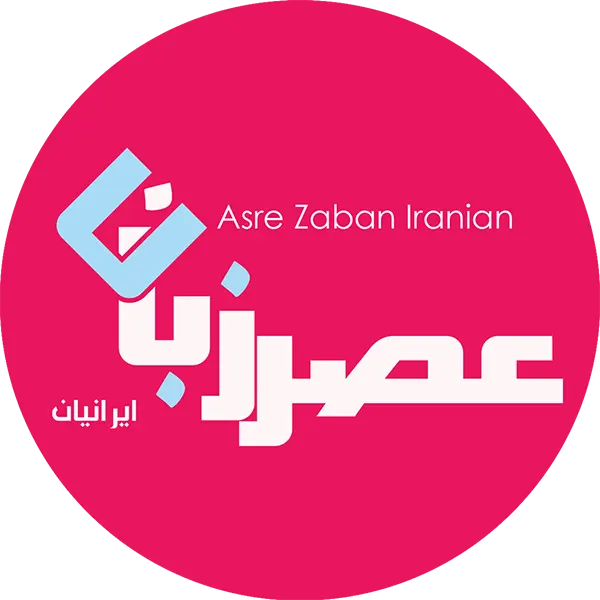کدام زبانها سختترین هستند؟ این اینفوگرافیک پاسخ شما را دارد
۴ اوت ۲۰۱۸
اگر به فکر یادگیری یک زبان دوم هستید، وبسایت آموزش زبان Voxy یک اینفوگرافیک مفید تهیه کرده که نشان میدهد کدام زبانها برای انگلیسیزبانها سختتر هستند. #آکادمی_عصرزبان
این اینفوگرافیک بر اساس اطلاعات بهدستآمده از منابع مختلف، از جمله مؤسسه خدمات خارجی وزارت امور خارجه آمریکا (FSI)، تهیه شده و مدت زمانی را که معمولاً یک انگلیسیزبان برای یادگیری زبانهای خارجی نیاز دارد، بررسی میکند.
پیوستن به کانال تلگرام
آکادمی: Asre_ZabanIR

طبق این دادهها، بیشتر زبانهای اروپای غربی جزو زبانهای آسان دستهبندی شدهاند؛ بهطوریکه انگلیسیزبانها بهطور میانگین میتوانند در حدود ۶۰۰ ساعت آموزشی (یا ۲۴ هفته) به سطح مهارت برسند. www.Asre-Zaban,ir
اما زبانهایی مثل روسی، هندی، تایلندی، لهستانی و یونانی نیاز به حدود ۴۴ هفته زمان دارند. در حالی که سختترین زبانها، از جمله ژاپنی، کرهای، چینی و عربی ممکن است بیش از یک سال و نیم طول بکشند تا به سطح تسلط برسید.
با این حال، حتی اگر یادگیری یک زبان دوم دشوار باشد، پژوهشهای علمی نشان دادهاند که این کار در هر سنی میتواند به کند شدن روند کاهش تواناییهای ذهنی بینجامد. دانشمندان حتی بررسی کردهاند که یادگیری زبان دوم دقیقاً چه تأثیری بر مغز دارد. #عصرزبان
پیوستن به کانال تلگرام
آکادمی: Asre_ZabanIR
نسخهای پیشین از این مقاله در دسامبر ۲۰۱۷ منتشر شده بود.
What are the most difficult languages to learn?
04 August 2018
An Overview of Second Language Learning Difficulty for English Speakers
In recent years, increased attention has been paid to the relative difficulty English speakers face when acquiring foreign languages. Drawing on data compiled from various reputable sources, including the Foreign Service Institute (FSI) of the U.S. Department of State, the language-learning platform Voxy has created an infographic categorizing foreign languages based on the estimated time required to attain proficiency.

According to the FSI, languages closely related to English—particularly those from Western Europe—are typically more accessible for English-speaking learners, often requiring approximately 600 instructional hours (equivalent to roughly 24 weeks) to achieve functional proficiency.
Conversely, languages such as Russian, Hindi, Thai, Polish, and Greek are classified as more demanding, with an estimated learning duration of about 44 weeks. The most linguistically complex languages for English speakers—namely Japanese, Korean, Chinese, and Arabic—may necessitate more than 18 months of intensive study to reach a comparable level of competence.
Despite the inherent challenges associated with acquiring a second language, existing scientific research underscores the cognitive advantages of bilingualism. Empirical studies suggest that second language acquisition at any age may contribute to cognitive resilience, including a delay in age-related mental decline. Furthermore, neuroscientific investigations have illuminated the specific ways in which language learning reshapes brain function and structure.
These findings reinforce the educational and neurological value of engaging in second language study, regardless of the learner’s age or the language’s perceived difficulty.









